


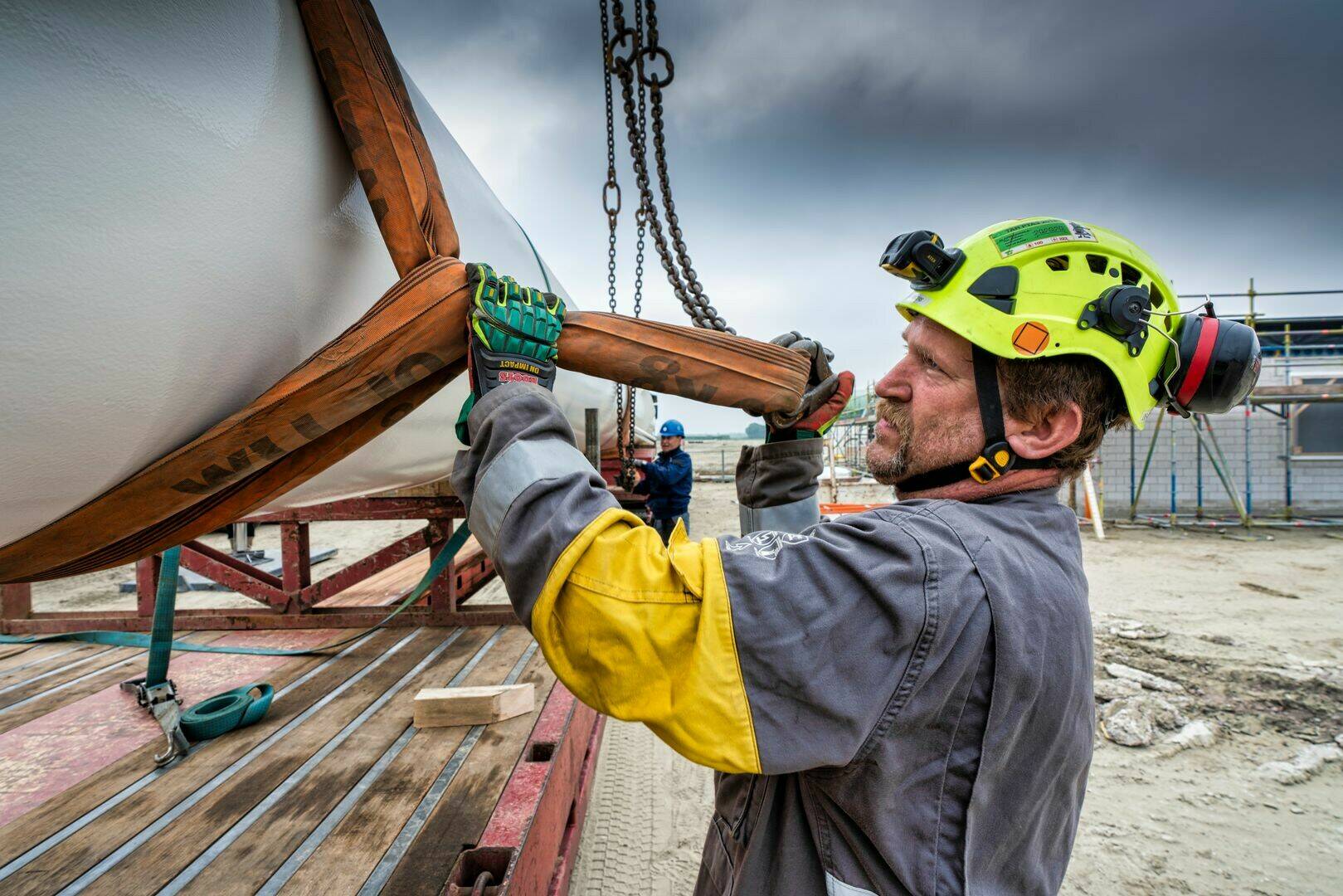


300.000
170.000
2023:
per year
Growing to
vs. 2022
+60%
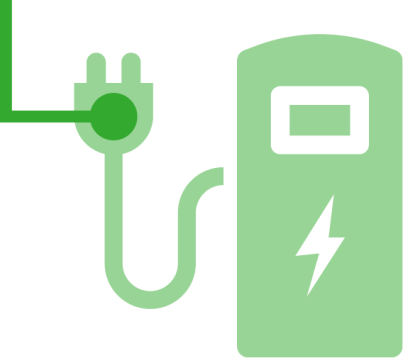

2 million
500 charging stations a day
That's an average of
in 2030
Growing to
500.000
2023:
charging stations
The rest is for industry, businesses,
data centres, residential areas,
hydrogen plants
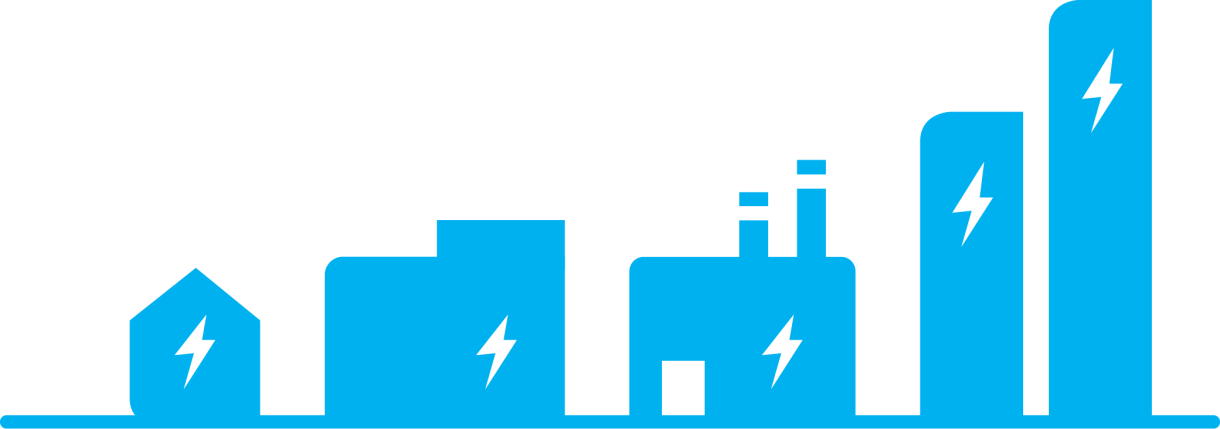

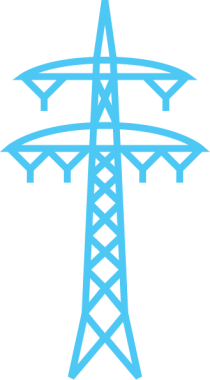




75 GW
Amsterdam)
the power of
Over
150x
105
gigawatt

is large-scale battery power
Of that,

streets have to be opened for laying new cables from grid operators


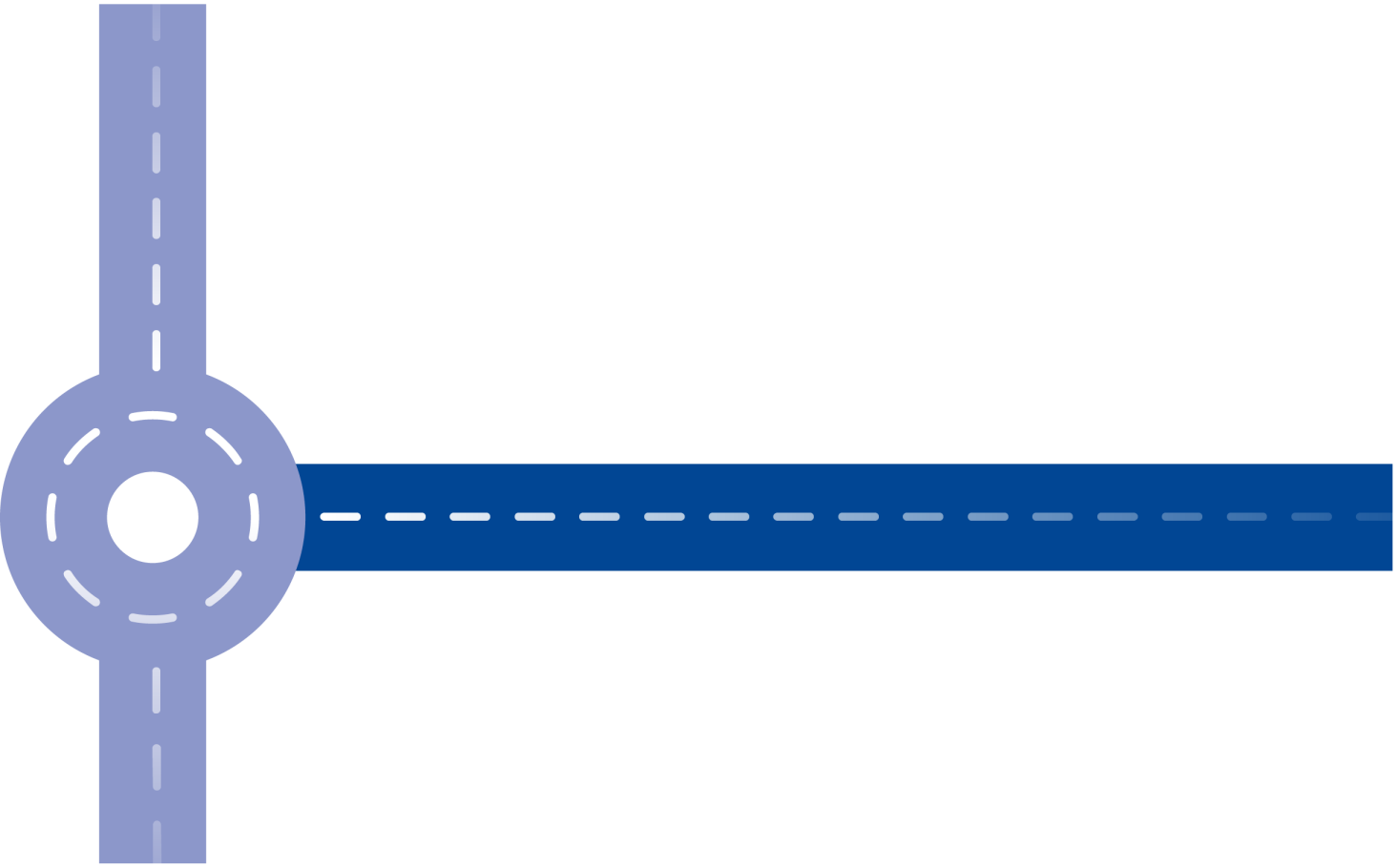
1 in 3
€8 billion
a year
that grows to:
Until 2025,
€5 billion
by 2023
Over
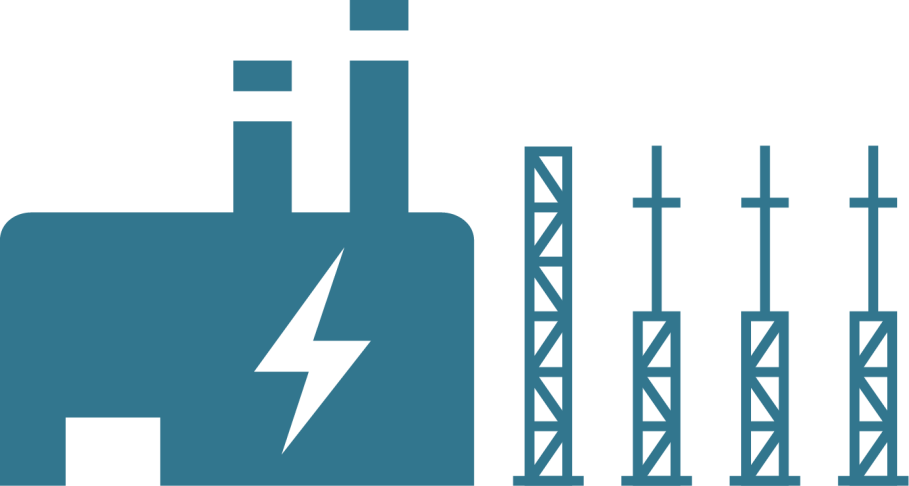

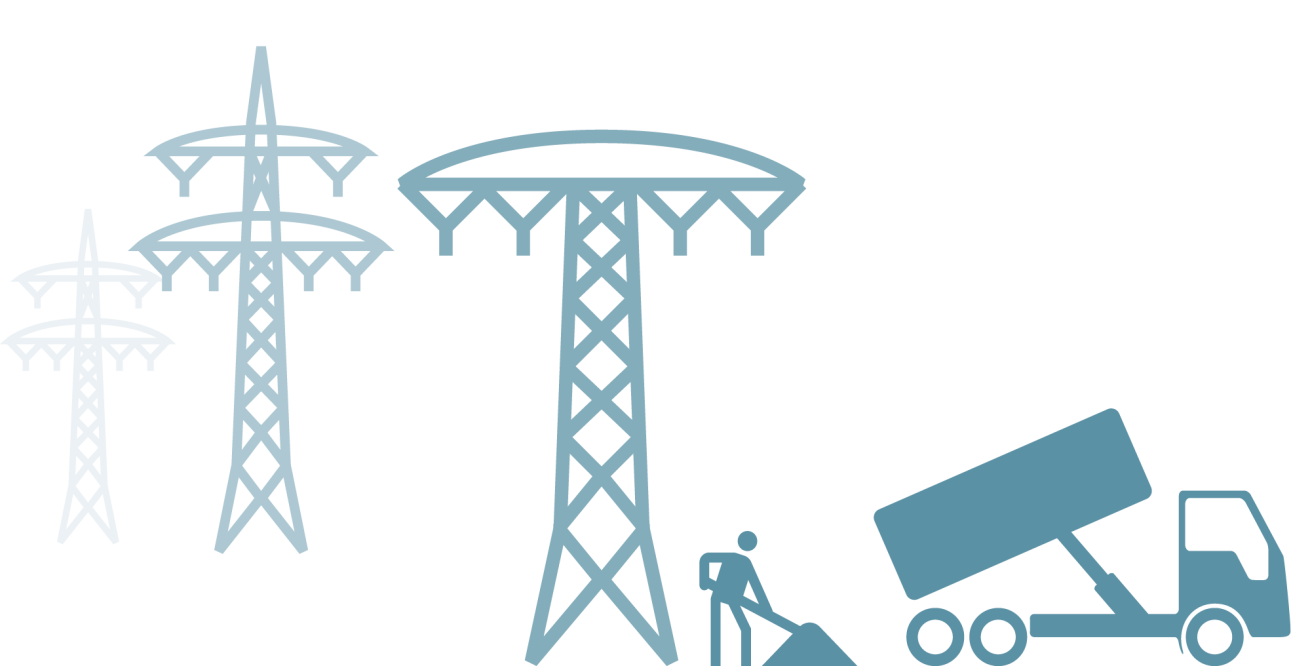
existing high-voltage substations
(110 - 150kV)
Conversion and extension of
Construction of
locations, TenneT has to construct
700
In over
high-voltage pylons
1.000
Construction of
of transmission line
Construction of many kilometers of underground connections (110 en 150 kV)
140
increase x 10
350 km
Construction of
380 kV substations
new
14


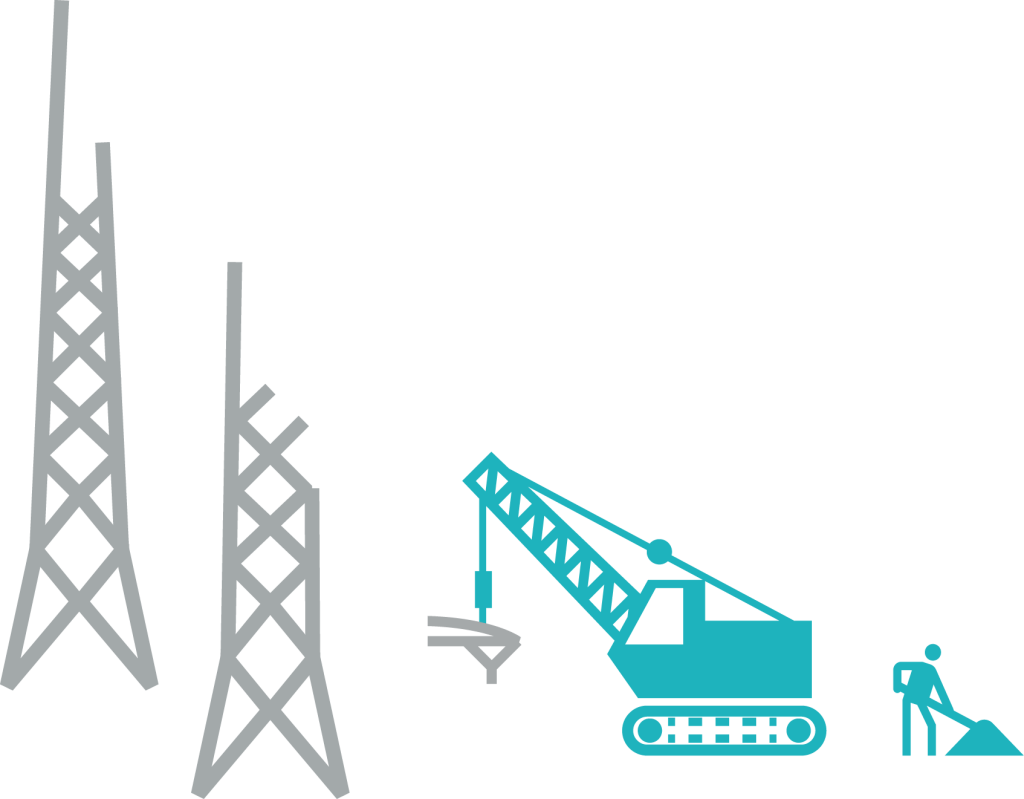
faster
Development and construction of high-voltage substations:
0,5 to 2 years
faster
Development and construction of high-voltage pylons:
0,5 to 4 years
Together with shortening lead times for RCR procedures, one of the other smart solutions, we can achieve even shorter lead times.
Future
Current








10 -30%
Construction of the project
Realisation phase
20 -70%
Engineering
Design phase
5-20%
Failures, replacement, maintenance of components
Maintenance and controlling phase
10 -40%
Work order of executing parties, ordering materials, suppliers
Preparation and execution phase
20 -40%
Participation, permits (land purchase), soil investigation
Planning phase

Contribution netbeheer Nederland


Contribution netbeheer Nederland
Interchangeability of materials, stock management, less specialisation and also interchangeability of technically skilled personnel. Every substation is the same.
5-20%
Failures, replacement, maintenance of components
Maintenance and controlling phase
Unified working method, greater flexibility, substitutability of materials.
10 -30%
Construction of the project
Realisation phase
Basically, everything is fixed. As a result, working with prefab components, materials in stock, repetitive work, unambiguous work instructions, more efficient work.
10 -40%
Work order of executing parties, ordering materials, suppliers
Preparation and execution phase
30-80% of the design is ready. Only site-specific designs are still needed.
20 -70%
Engineering
Design phase
20 -40%
At early stage, impact on surroundings is known. Frameworks are immediately clear, which can help in discussions with surroundings.
Participation, permits (land purchase), soil investigation
Planning phase
Together with shortening lead times for RCR procedures, one of the other smart solutions, we can achieve even shorter lead times.
Future
Current



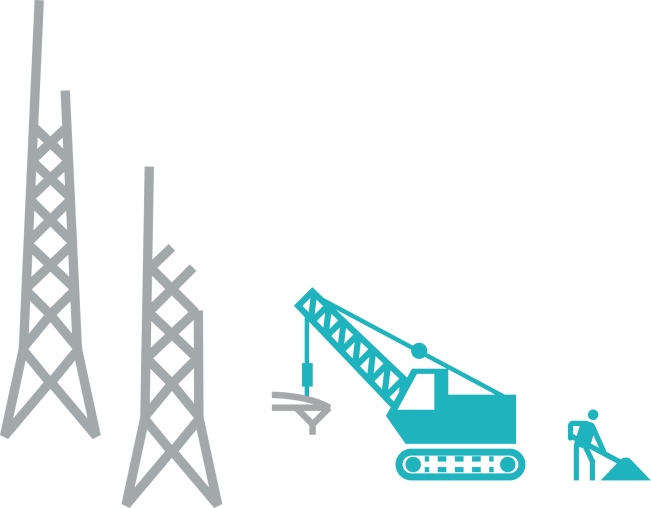

faster
Development and construction of high-voltage substations:
0,5 to 2 years
faster
Development and construction of high-voltage pylons:
0,5 to 4 years



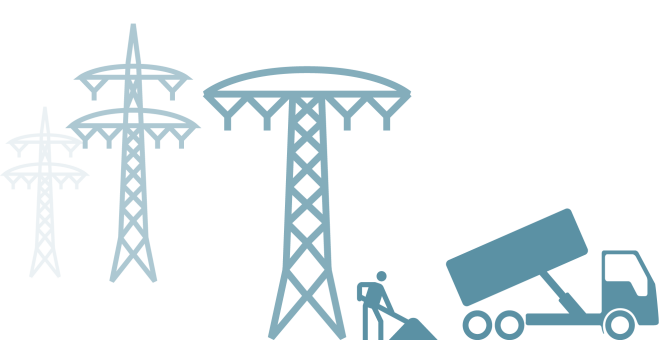
existing high-voltage substations
(110 - 150kV)
Conversion and extension of
Construction of
locations, TenneT has to construct
700
In over
high-voltage pylons
1.000
Construction of
of transmission line
Construction of many kilometers of underground connections (110 en 150 kV)
140
increase x 10
350 km
Construction of
380 kV substations
new
14
1 in 3
streets have to be opened for laying new cables from grid operators


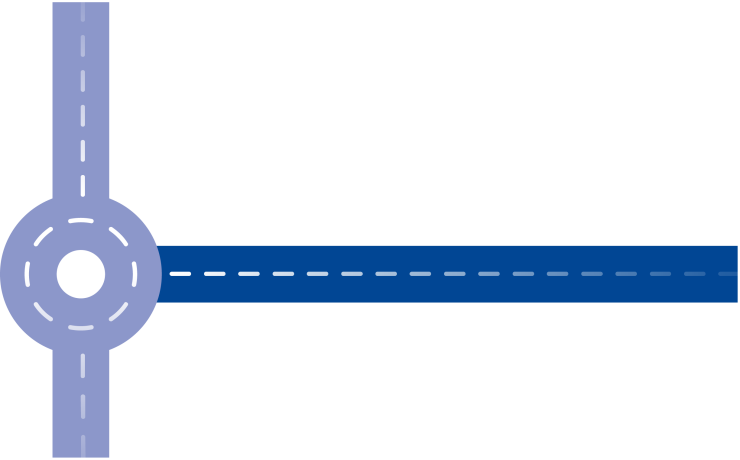
€8 billion
a year
that grows to:
Until 2025,
€5 billion
by 2023
Over
The rest is for industry, businesses,
data centres, residential areas,
hydrogen plants



105
gigawatt




the power of
van Amsterdam)
150x
Over


is large-scale battery power
Of that,
75 GW

2 miljoen
500 charging stations a day
That's an average of
in 2030
Growing to
charging stations
500.000
2023:



300.000
170.000
2023:
per year
Growing to
vs. 2022
+60%
